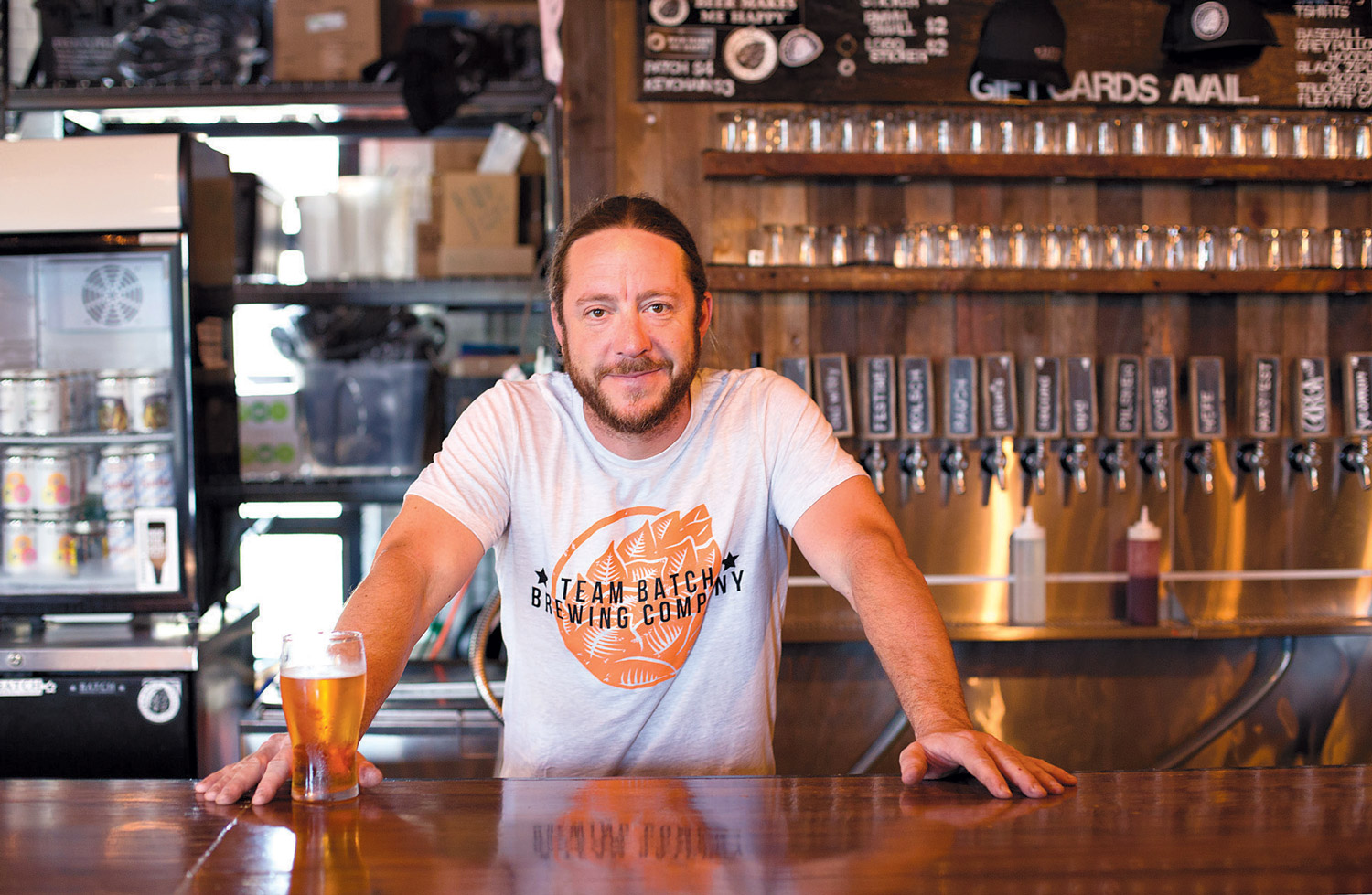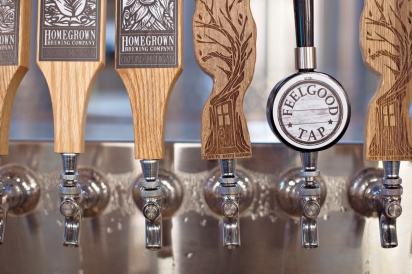Feelgood Tap Breweries unite to boost both big and little nonprofits
When Stephen Roginson opened Batch Brewing in Corktown, Detroit, in 2015, he knew he was making more than just one social statement. Deemed a radical idea for its location alone, the area’s first microbrewery wasn’t just about boosting tax revenue and jobs in the city. Roginson and his partners wanted to give back to their communities in a much larger capacity.
So the team behind Batch set out to establish a model for sustained philanthropy in the craft beer industry, and came up with the Feelgood Tap (FGT). Launched only a year after opening Batch, the FGT program encourages breweries around the state to donate a portion of beer sales to nonprofit organizations. And donate they have.
Now with more than 30 partners participating, the program has raised over $300,000 for hundreds of charity organizations. Locations such as HopCat Detroit, Jolly Pumpkin, Slows BBQ, Eastern Market and Ale Mary’s Beer Hall all contribute—and Roginson says the enthusiasm has been infectious.
“I remember when we first started out I gave a talk on the program at a networking event at One-Eyed Betty’s and the owner Beth [Hussey] came up afterward and said she wanted to be one of the first to sign up when we launched,” says Roginson. “It was pretty clear to us early on that this was an opportunity to become bigger than just one brewery.”
The model is simple. Beer bars, breweries and restaurants select one of their beers, raise the price by $1 and then donate the $1 from every beer sold. The program rotates charities monthly, allowing breweries to nominate their own local groups once every quarter and collectively choose a cause. The Michigan Humane Society, FlintKids and Make-A-Wish Michigan have all received donations through the program.
Supporting a good cause is something very close to Roginson’s heart, his mother having been diagnosed with multiple sclerosis 30 years ago. One of his fondest memories from the program is from a time when FGT raised $30,000 in conjunction with a walking team at Batch for the Multiple Sclerosis Society. “We were nobody—just some guys who opened a brewery,” says Roginson, “And we ended up being one of their top 10 donors that year. It was really moving.”
Being a certified nonprofit raising money for other nonprofits hasn’t always made it easy for Roginson and his team. “Honestly, the hardest part is the operating,” he says. The program is run with a 100 percent volunteer team, and Roginson says it’s been difficult to take it to the next level. However, by early 2019 they hope to have a full-time executive director, tapping into new growth opportunities and doing good along the way.





